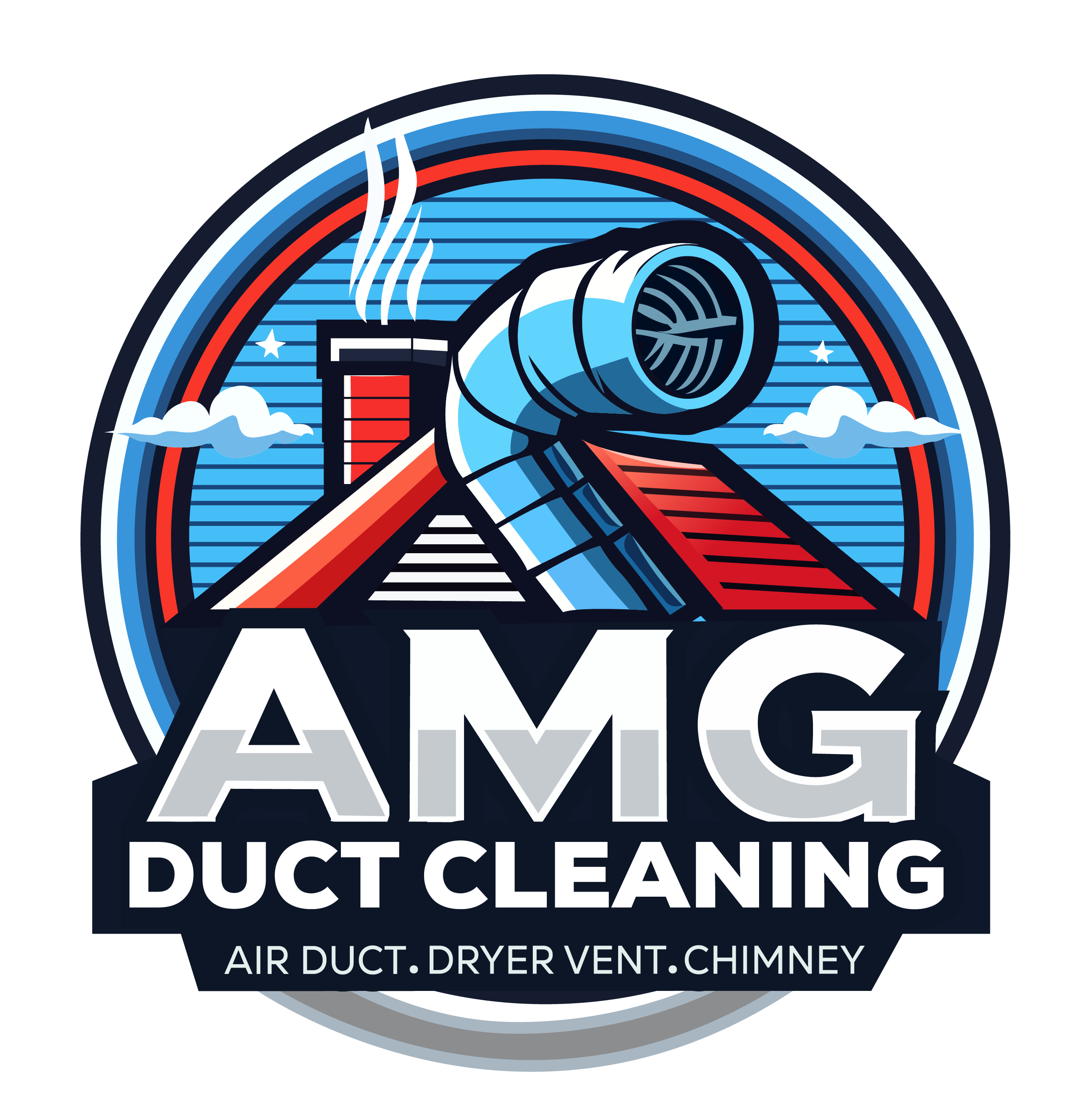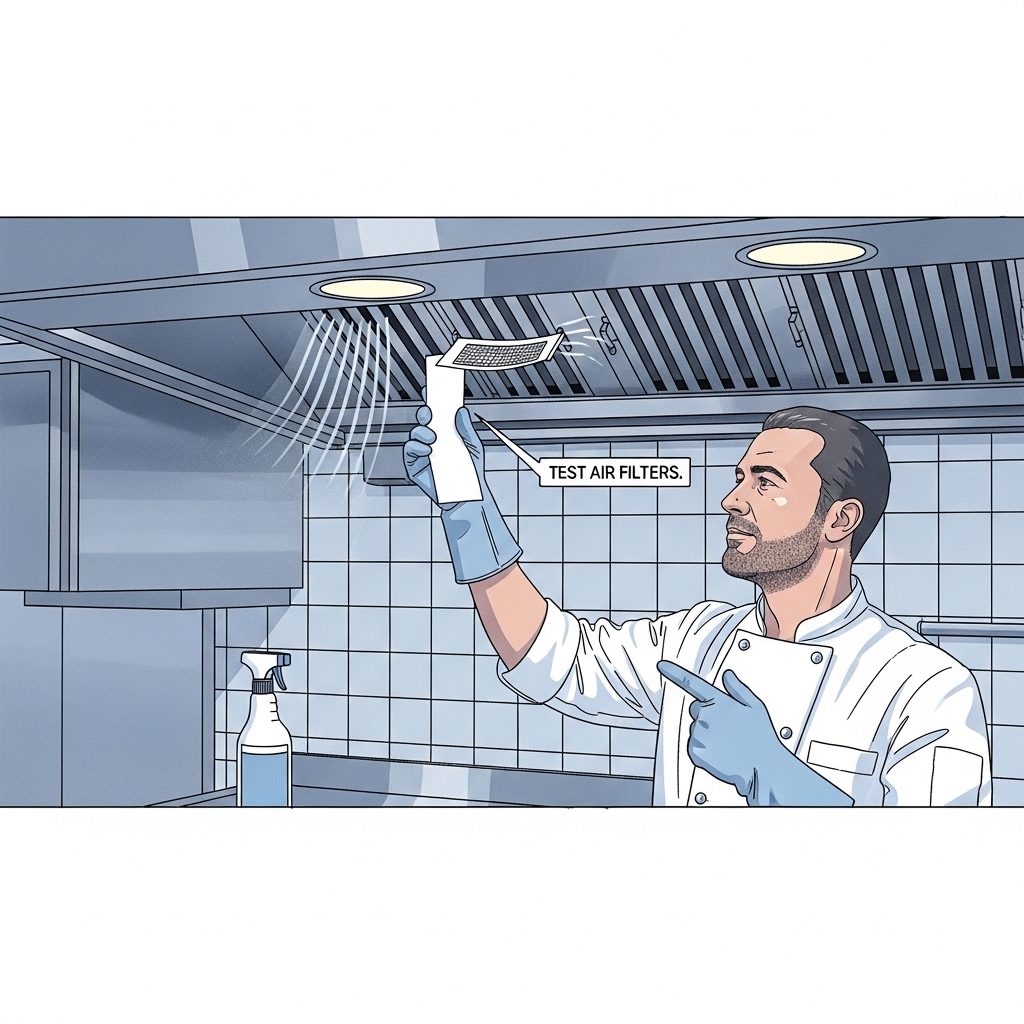Introduction
Whether you run a busy diner in North Jersey or a seaside cafe down the Shore, the way you clean your kitchen exhaust hood shapes safety, comfort, and the longevity of your equipment. Smart tips save time during service and help you avoid last-minute scrambles when inspectors arrive. This guide distills practical steps that work in real New Jersey kitchens—commercial, institutional, and high-end culinary programs alike. If you need expert backup beyond your in-house regimen, professional kitchen hood cleaning can restore airflow, document compliance, and reduce risk.
Clean hoods are not just about aesthetics or passing an inspection. They influence ventilation balance, temperature in the cookline, and even the consistency of your cooks’ sears and fries. Grease-laden vapors that aren’t captured and exhausted properly can migrate to walls and ceilings, create lingering odors, and elevate fire hazards. With the following tips, you’ll improve daily results while setting a strong foundation for periodic deep cleaning.
Tip 1: Make Capture and Containment Your North Star
Everything hinges on the hood’s ability to capture smoke and steam at the source. Position equipment so overhangs are adequate for the appliances beneath them, avoid pushing ranges or fryers beyond the hood edge, and check that filters are seated flush with no gaps. When practical, run a quick capture test during peak heat loads. If you notice smoke rolling out, pause and troubleshoot before the rush builds. Often, a simple filter swap or a small adjustment to makeup air diffusers improves containment dramatically.
Tip 2: Choose the Right Degreasers and Cloths
Use foodservice-approved degreasers formulated for stainless steel and grease-laden environments. Pair them with non-abrasive pads and microfiber cloths to avoid scarring surfaces. Abrasions trap residue and make future cleans harder. Keep separate cloths for exterior canopy wipe-downs and filter handling to avoid cross-contamination. If your dishwasher is filter-safe, remember that pre-scrubbing before the machine cycle speeds everything up and reduces redeposit on the metal.
Tip 3: Schedule Wipe-Downs Around Service Peaks
In New Jersey, lunch and dinner rushes can be intense. Build short wipe-down windows into your prep and post-service routines. A two-minute pass along the inner canopy lip during a lull prevents thick layers from forming. At close, prioritize removing filters, emptying drip trays, and drying components thoroughly so the line starts clean the next day. Use simple reminders—like a whiteboard with initials and timestamps—to keep accountability high even when you’re short-staffed.
Tip 4: Watch the Makeup Air
Makeup air is the intake that replaces what the hood exhausts. If it’s not working properly, the hood struggles to capture vapors. Signs include doors that are hard to open, drafts near the cookline, or smoke drifting into the dining room. Coordinate with your HVAC contractor if you suspect issues, and clean intake grilles and diffusers during your weekly routine. Balanced air improves comfort for cooks and ensures your hood can perform at its best.
Tip 5: Train Everyone, Not Just a Few
High turnover, seasonal hiring, and cross-trained teams are part of the New Jersey restaurant landscape. Train every kitchen member on basic hood cleaning steps: wiping the canopy, removing and washing baffle filters, checking drip trays, and logging work. Rotate responsibilities so knowledge isn’t siloed with one or two people. Clear, repeated training avoids mistakes like reinstalling filters backward or forgetting to empty grease cups—small errors with big consequences.
Tip 6: Keep a Simple Logbook
Logs do more than please inspectors. They create a feedback loop for your operations. Note the date, shift, staff initials, unusual odors, visible smoke, or fan noises. Patterns reveal themselves over weeks. You might learn that a particular station causes most buildup or that a certain day’s prep routine leads to extra residue. With this data, you can tweak schedules, adjust line layout, or plan an extra mid-cycle clean before a busy holiday weekend.
Tip 7: Prepare for Deep Cleaning Like an Event
When it’s time for a full-system deep clean, a little prep goes a long way. Clear access to roof fans, protect nearby surfaces, and alert the team to the schedule. Ensure that keys or codes the contractor needs are ready and that any rooftop grease containment is set up to protect membranes. After service, collect before-and-after photos and the written report in your records. These documents become part of your compliance story when the fire marshal or health inspector visits.
Tip 8: Respect Seasonal Shifts
New Jersey’s summers are humid and busy, especially at the Shore, while winters bring closed doors, altered building pressures, and more comfort-cooking menus that can increase grease output. Revisit your cleaning frequency with seasonal changes. After summer festivals, schedule an extra filter cycle and a thorough wipe. In winter, confirm that makeup air is balanced so smoke doesn’t drift into the dining room when doors stay closed for long stretches.
Tip 9: Test Airflow With Quick Checks
Simple tests can tell you a lot. Hold a light strip of tissue at the hood edge during operation and watch for steady pull. Observe sear tests with high-heat proteins to see if smoke is captured without rollback. Listen to the fan. New rattles, hums, or squeals suggest belt tension or bearing issues that need attention. These tests take minutes and help you decide when to escalate to a professional cleaning or mechanical service call.
Tip 10: Protect the Roof and Surroundings
Grease reaching the rooftop is more than a mess—it is a safety and environmental hazard. After heavy weeks, look for signs of runoff near the fan housing. Ask your service provider about rooftop grease containment if you do not already have it. Keep pathways clear and dry to prevent slips when staff or contractors need roof access. Document any observations with dates and photos so you can demonstrate diligence and plan preventative measures.
When to Bring in Professionals
If you see persistent smoke rollout, smell heavy grease despite daily wipes, or find residue forming quickly after filter cycles, it’s time to bring in experts. Certified techs clean beyond what staff can access, including ductwork and fan assemblies. They also provide a formal report and service tag that supports compliance with NJ expectations and NFPA-aligned standards. For predictable results that keep inspections smooth, many kitchens rely on recurring professional schedules. When needed, turn to professional kitchen hood cleaning to restore safe airflow and document the work thoroughly.
Common Mistakes and How to Avoid Them
Relying on the dishwasher alone for baffle filters is a classic error; pre-scrub stubborn channels before the machine cycle. Another mistake is cleaning around hot equipment without proper cooling time, which can bake on residues and create burn risks. Using abrasive pads on stainless steel scars the surface and makes it harder to clean next time. Skipping the logbook means missed trends and harder inspections. Lastly, pushing equipment forward so it protrudes beyond the hood edge compromises capture and creates lingering odors in the dining room.
Building a Culture of Clean
The best kitchens make cleaning part of the craft. Integrate five-minute wipe-downs into the closing checklist, celebrate teams that consistently hit standards, and empower staff to call out ventilation concerns immediately. When the team understands that a clean, well-ventilated line helps them cook better and faster, the culture shifts from working around grease to preventing it. This mindset reduces emergency calls, improves morale, and keeps the cookline cooler and more comfortable.
Frequently Asked Questions
Q: How often should I clean baffle filters? A: In busy New Jersey kitchens, daily removal and cleaning are common. Some moderate-volume operations can stretch to every other day, but adjust based on visible buildup and airflow performance.
Q: What signs indicate poor capture? A: Smoke rolling out from beneath the hood, odors in the dining room, haze around ceiling lights, and staff complaints about heat or fumes are all clues. Address them promptly.
Q: Can I use household cleaners? A: Stick to commercial kitchen degreasers and stainless-safe cleaners. Many household products are not designed for high-grease environments and may be flammable or corrosive.
Q: Do I need professional cleaning if I keep up with daily wipes? A: Yes. Daily routines handle surfaces and filters, but ducts and fans require specialized access and methods to remove baked-on grease safely.
Q: How should I prepare for an inspection? A: Keep logs current, ensure deep-clean reports and tags are on hand, and be ready to describe your schedule and corrective actions taken when issues arise.
Q: Does weather affect cleaning needs? A: Absolutely. Humidity and seasonal menu changes in New Jersey can increase grease output and accumulation, requiring more frequent attention.
Ready to Improve Your Hood’s Performance
Protect your team and your reputation by putting these tips into practice and keeping a reliable schedule. When airflow drops, odors linger, or inspections approach, book professional kitchen hood cleaning to bring your system back to peak performance. A consistent plan makes your kitchen safer, cooler, and more efficient every day.

